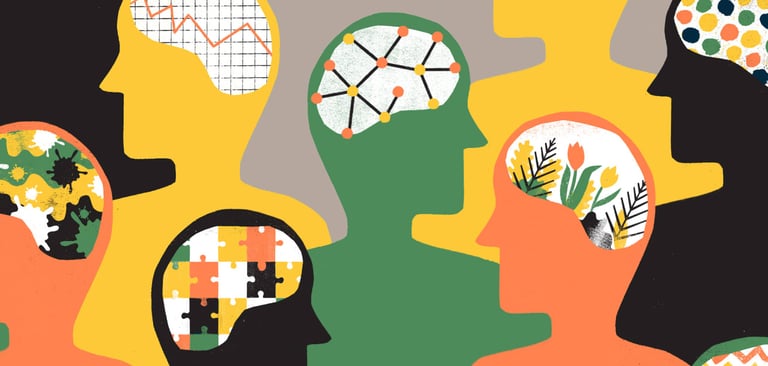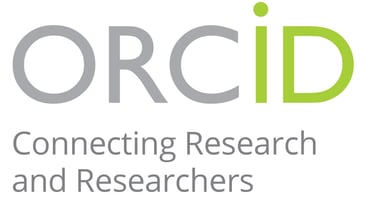Machiavellianism and Personality Scale


Abstract
The Machiavellianism scale is known to be a scale that has a score up to 100 that results from a series of questions answered by an individual. This scale is used to measure the level of Machiavellianism, which is a personality that is solely centered around manipulativeness, indifference to morality as well as insensitivity in an individual. Personality scales on the other hand are used to diagnose various kinds of psychological and mental health problems as well as to also screen individuals who are applying for college or employment opportunities. Reflecting on these two topics, it is necessary that we carefully handpick journal articles with scientific and scholarly information for referencing purposes.
Introduction
The Machiavellianism scale is known to be a scale that has a score up to 100 that results from a series of questions answered by an individual. This scale is used to measure the level of Machiavellianism, which is a personality that is solely centered around manipulativeness, indifference to morality as well as insensitivity in an individual. Personality scales on the other hand are used to diagnose various kinds of psychological and mental health problems as well as to also screen individuals who are applying for college or employment opportunities. Reflecting on these two topics, it is necessary that we carefully handpick journal articles with scientific and scholarly information for referencing purposes.
Through the search of Machiavellianism and personality scale journal articles present on Google Scholar, I found a total of 508 journal articles that were related to the Machiavellianism scale and a total of 6080 journal articles that were related to personality scale between the years of 2019 to 2021 on Google Scholar. Some of them which were assessed as credible journal articles while some of them were less credible.
After assessing the articles that were found under the Machiavellianism scale on Google scholar, the most scientific study that was conducted and gave credible scientific information was the journal article researched by Monaghan et al. (2020) “Two-dimensional Machiavellianism: Conceptualization, theory, and measurement of the views and tactics dimension” and published by the American Psychological Association (APA). This journal article mainly focuses on elaborating on the Machiavellianism theory and the conceptualization of its 2 dimensions known as “views and tactics”. (Monaghan et al. 2020). The scholarly article also documents the Two-Dimensional Machiavellianism scale which aims to measure the level of Machiavellianism across 6 samples (Monaghan et al. 2020). Considering the criteria for determining credible and reliable scientific scholarly articles, it was found that the publisher was considered as a reputed professional organization that most psychologists base their knowledge on. The sources used for the journal article have also been correctly cited under the references page of the article. The research claims have also been clearly stated in the content of the journal article. Most importantly it is necessary to mention that this scholarly article was cited ten times on Google scholar since it was first published by APA in the year 2020. Thus, it is clear that this journal provides the most scientific and scholarly information under the topic Machiavellianism scale.
Assessing journal articles which are centered around ‘Personality scale’ on Google Scholar, the most credible scientific and scholarly article was found to be the journal research by Soto and John (2019) on “Optimizing the length, width, and balance of a personality scale: How do internal characteristics affect external validity?” which published by the American Psychological Association. The main aim of the study was to see how well the scores on a personality scale could predict important criteria such as behaviors and life outcomes of an individual (Soto & John, 2019). Considering the criteria needed to determine a credible scientific scholarly article, it is clear that the journal was published by the APA which is a reputable professional organization for psychology. The aim and the motive for the study were also clear and well stated among the content of the scholarly article. The names of the researchers who conducted the study were also mentioned on top of the article. Within three years, the journal article received 34 average citations on Google scholar since the time of publishment, which is considered to be an important factor when it comes to determining if the journal is credible and scientific. Taking into account all of these factors, the research conducted by Soto and John (2019) as mentioned in the journal article can be considered as being comprised of scientific and scholarly information.
While looking through the journal articles on Google scholar it was clear that some articles can be identified as having less scientific and scholarly information. The research conducted by Yıldırım et al. (2020) on “Examining the relationship between narcissism and Machiavellianism levels in students receiving health education” was published by the Journal of clinical medicine of Kazakhstan is a journal article that would be least likely to be used as a scholarly reference article. The reason for this statement would be that this journal article has not been cited on Google scholar within the period that it was first published. Thus, this journal article lacks the impact factor which is important in determining if the journal consists of scientific and scholarly information of the research conducted. Because this journal was published in 2020 there is no evidence of peer-reviews mentioned. Thus, this article can be considered as a journal article I would least likely use as a scholarly reference.
The research conducted by Teye-Kwadjo and de Bruin (2021) on “Rasch Analysis of the Proactive Personality Scale” was published in Sage Journals. The main aim of this study was to analyze and further validate the Proactive Personality Scale (PPS) (Teye-Kwadjo & de Bruin, 2021). This journal article also lacks the impact factor as this article has no citation after it was published. The journal article was published in 2021, which means this is a fairly new research study with a relatively young publishing history. Considering all of these factors, this journal article would least likely be used as a reference or scholarly article.
In conclusion, it is necessary that we look into the background of a journal article so that we can successfully identify what articles are consisted of scientific and scholarly information
References
Monaghan, C., Bizumic, B., Williams, T., & Sellbom, M. (2020). Two-dimensional Machiavellianism: Conceptualization, theory, and measurement of the views and tactics dimensions. Psychological assessment, 32(3), 277.
Soto, C. J., & John, O. P. (2019). Optimizing the length, width, and balance of a personality scale: How do internal characteristics affect external validity?. Psychological Assessment, 31(4), 444.
Teye-Kwadjo, E., & de Bruin, G. P. (2021). Rasch Analysis of the Proactive Personality Scale. Psychological Reports, 00332941211028110.
Yıldırım, M. S., Yıldız, M., & Okyar, G. (2020). Examining the relationship between narcissism and Machiavellianism levels in students receiving health education. J Clin Med Kaz, 5(59), 15-19.
About the Author
Inola Samaranayake has over 3 years of experience excelling at the Teraneuro Project and updating the Google Knowledge Graph with scientific developments. She demonstrated proficiency in social media management and event coordination during her internship at the United Nations as a Behavioral psychologist. As a prolific researcher, she has publications in respected journals and holds an ORCID.
In addition she holds a degree in Psychological Sciences student at Northern Arizona University, she received an Honors award by the National Society of Collegiate Scholars. She holds Diploma of Clinical Counseling and Psychology with First-Class Honors from ICBT Campus. She has also received extensive training in counseling, psychotherapy, and cognitive behavioral therapy. Her notable achievements include being the Best Delegate at multiple International Model UN conferences and winning the United Nations Human Rights Day Debates in 2023, demonstrating her dedication to global affairs and diplomacy.
"Empowering Minds, Inspiring Futures: Bridging Academia and Innovation Globally"
Wells Resource


